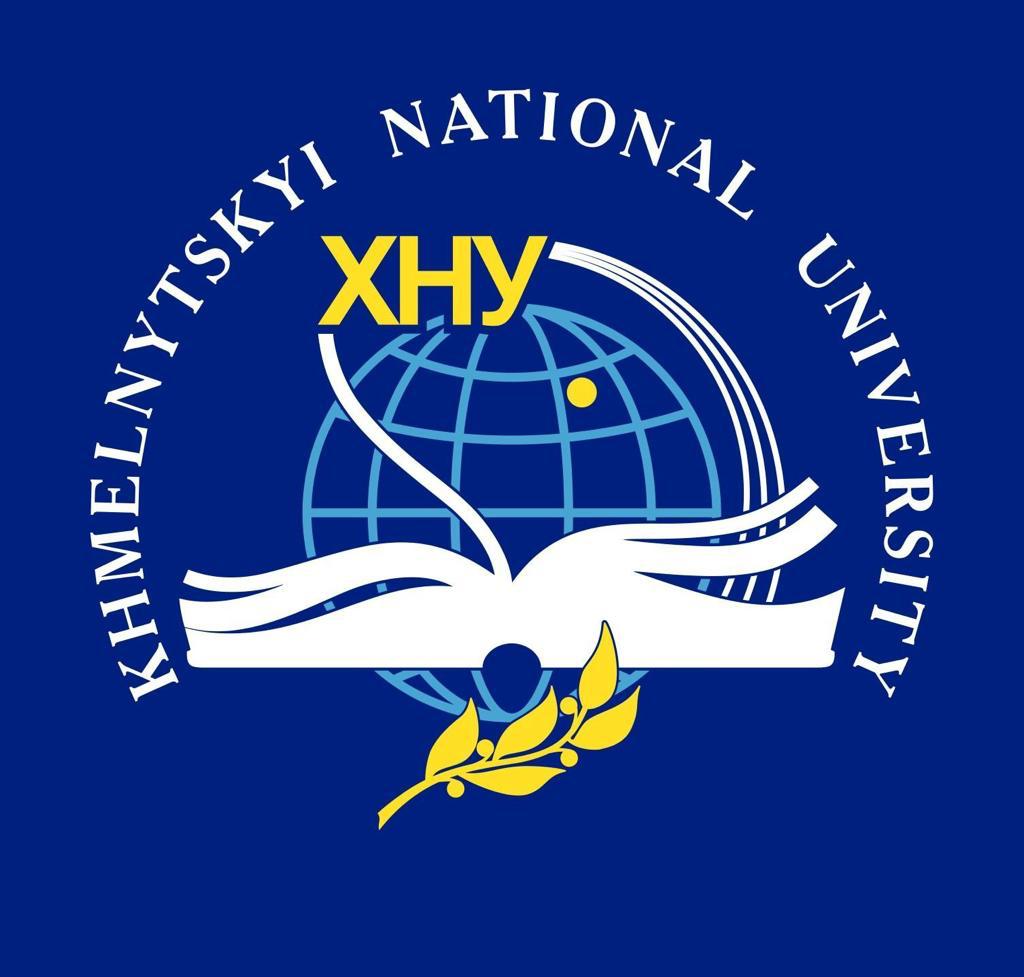A NEW PARADIGM OF EDUCATION FOR FUTURE ARTISTS IN CHINA IN THE ARTIFICIAL INTELLIGENCE ERA
DOI:
https://doi.org/10.31891/pcs.2024.1.79Keywords:
specialists in artistic disciplines, music education, artificial intelligence, virtual augmented reality, ChinaAbstract
The article deals with the topical issues of changing the traditional paradigm of teaching future specialists in artistic disciplines in the People's Republic of China in the era of artificial intelligence.
Artificial intelligence is a logical product of the rapid development of information and advanced computer technologies, covering various interdisciplinary subjects, including music disciplines, adding new modern elements and capabilities, which significantly optimizes the process of training future specialists in music disciplines in higher education institutions.
The article presents the national legislative and regulatory framework for the regulation of artificial intelligence in Ukraine.
The article reveals the main common methods of artificial intelligence: classical, machine learning, artificial neural network, deep learning.
The author characterizes popular artificial intelligence technologies: natural language processing, speech understanding, photo recognition and processing, independent intermediaries, human behavior assessment, forecasting, and technical creativity.
It is proved that the combination of audio big data, virtual reality, and artificial intelligence allows to realize the function of searching for musical information, promotes the emergence of intelligent electronic musical instruments, and digitizes sound signals that are easy to store and distribute.
It is concluded that modern technologies and the era of artificial intelligence are significantly changing the traditional paradigm of teaching future specialists in artistic disciplines. Valuable experience has been gained by Chinese higher education institutions that train such specialists, which can be implemented in the practice of domestic higher education institutions.
Prospects for further research are to study the ethical issues of using artificial intelligence in music education.
References
Babych, I. R., Yashyna, O. M. Pidkhody do rozrobky shtuchnoho intelektu ta yikhnii vplyv na avtomatyzatsiiu napysannia muzyky. Modern Scientific Researches, 2020 12, S.35–39.
Kravchuk, O. Zastosuvannia shtuchnoho intelektu v muzychnii industrii Ukrainy: analitychnyi pidkhid. Visnyk Kyivskoho natsionalnoho universytetu kultury i mystetstv. Seriia: Muzychne mystetstvo,2023/ 6(1), S.79–88. https://doi.org/10.31866/2616-7581.6.1.2023.277888
Lakhmotova Yu.V., Smolianiuk N.M. Suchasna pidhotovka maibutnikh uchyteliv muzyky u zakladakh vyshchoi osvity KNR Physical culture and sport: scientific perspective. 2023. Vyp. 2 S. 82-88. DOI: http://doi.org/10.31891/pcs.2023.2.11
Pro skhvalennia Kontseptsii rozvytku shtuchnoho intelektu v Ukraini. Kabinet Ministriv Ukrainy. Rozporiadzhenia vid 02 hrudnia 2020 r. № 1556-r. URL: https://www.kmu.gov.ua/npas/pro-shvalennya-koncepciyi-rozvitku-shtuchnogo-intelektu-v-ukrayini-s21220
Sobchenko, T. Vykorystannia tsyfrovykh servisiv ta instrumentiv u protsesi profesiinoi pidhotovky maibutnikh uchyteliv muzychnoho mystetstva. Naukovyi zhurnal Khortytskoi natsionalnoi akademii.2022. № 2. S. 93–100. DOI: https://doi.org/10.51706/2707-3076-2022-7-10
Sobchenko T. Formuvannia tsyfrovoi kompetentnosti v pidhotovtsi maibutnikh uchyteliv v Ukraini ta KNR. Naukovyi Visnyk MDU. Seriia «Pedahohika ta psykholohiia». № 1. T. 7. 2021. S. 103–112. https://doi.org/10.52534/msu-pp.7(1).2021.103-112
Stratehiia rozvytku shtuchnoho intelektu v Ukraini: monohrafiia [Za zah. red. A.I.Shevchenka]. Kyiv: IPShI, 2023. 305 s. URL: https://jai.in.ua/archive/2023/ai_mono.pdf
Sharov S. V. Suchasnyi stan rozvytku shtuchnoho intelektu ta napriamky yoho vykorystannia. Ukrainski studii v yevropeiskomu konteksti. 2023. Vyp. № 6. S. 136-144. URL: http://obrii.org.ua/usec/storage/conference/zb_vol6_2023.pdf#page=137
How is artificial intelligence (AI) used in education? URL: https://youtu.be/xW1jg1UiVwo?si=WAziOpXDwsjbaPbR
Jipeng Yang Research on the model of artificial intelligence learning system for online teaching of classical music supported by wireless networks. Wireless communication and mobile computers. 2021. https://doi.org/10.1155/2021/4298439
Xiyuan Yuan Application and study of music artificial intelligence in the field of music education. Journal of Physics: Conference Series. 2020. Vol.1533. Artificial Intelligence. DOI 10.1088/1742-6596/1533/3/032033
Yu X, Ma N, Zheng L, Wang L, Wang K. Developments and Applications of Artificial Intelligence in Music Education. Technologies. 2023. 11(2):42. https://doi.org/10.3390/technologies11020042
Zou ming Rengong zhihui ji qi zai yinyue jiaoyu zhong de yìngyong”, beifang yinyuèe, di yi juan. 38, Wenti 15,p. 162, 2018.





